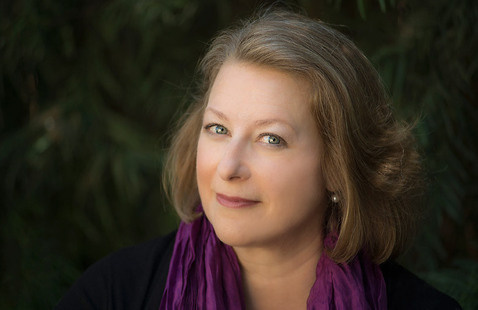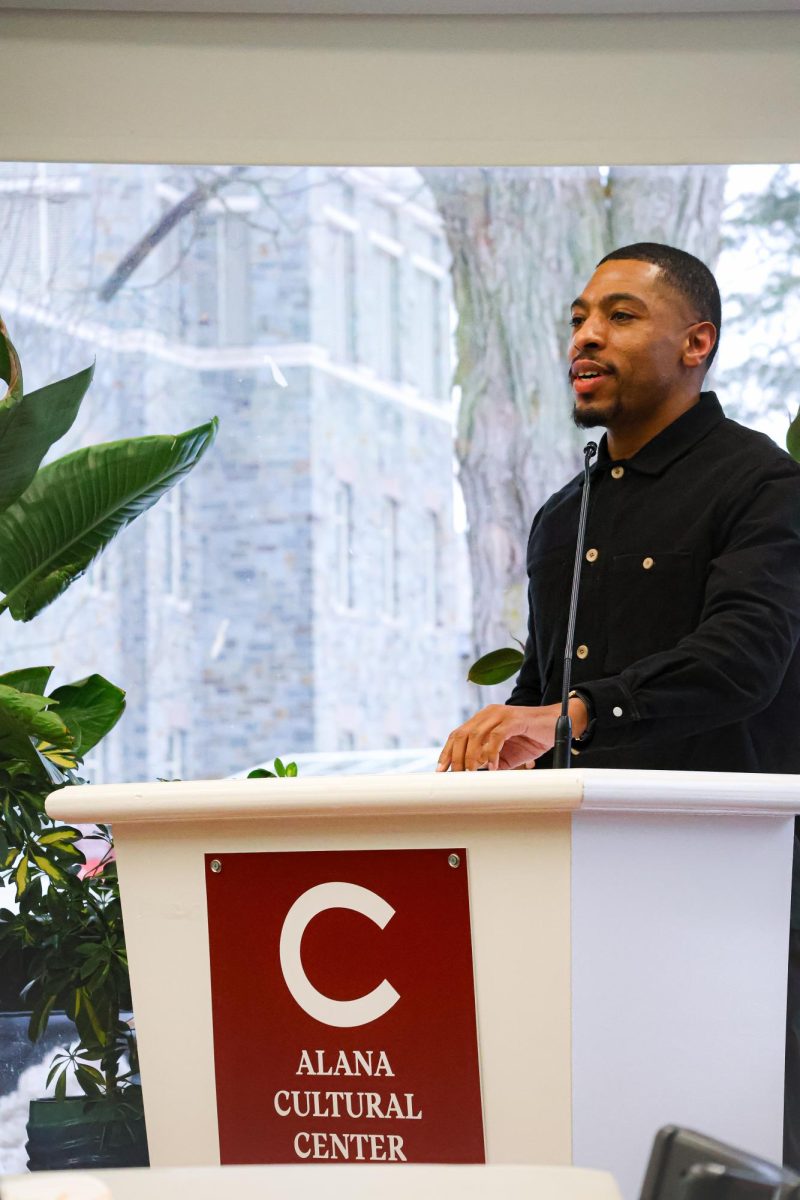On Tuesday, Sept. 12, the History Department hosted the annual Douglas K. Reading Lecture, featuring Professor Deborah Harkness. The lecture was titled “The Renaissance Reimagined.” Harkness, author of the “All Souls” trilogy, is a history professor at the University of Southern California. Harkness was also an assistant professor at Colgate University from 1994 to 1997. The lecture covered Harkness’s transition from a teaching history scholar into a creative writer.
Harkness began the lecture by asking the audience to look outside their specific disciplines and join her in a discussion of the past.
“What I would like everybody to do is to join me in my efforts to reimagine the roles that we all might play, individually and collectively, in public conversations about the past and the practice of history,” Harkness said. “And I want us to do that about history, in particular, because that’s my field. That’s the only area of expertise that I can speak from, but I also really hope that for those of you who are different disciplines, that you can also have a think about how you might bring what you think you know from your discipline into a wider conversation.”
Harkness wanted the audience to check into their “mind palaces” during the lecture.
“Some Renaissance figures like Robert Fludd, who designed this building to house memories, constructed what were called memory palaces, imaginary houses that you held in your brain,” Harkness said. “And then you filled the rooms with knowledge according to the subject of the outcome, however it worked for you.”
Harkness credited her transformative career path to the liberal arts education she received at Mount Holyoke College. Throughout the lecture, she placed an emphasis on encouraging Colgate students to take advantage of the liberal arts to follow their passions just as she did.
“So the only appropriate answer to the question, ‘what are you going to do with a liberal arts degree?’ is ‘whatever I want,’” Harkness said. “And that is the subject that is the subtitle for today’s lecture. We are in a position, I think, as liberal arts educators and students, [to] lead the conversation about the past to make the academy and what happens within its walls relevant to a wider audience. And that wider audience has, as I’ve discovered, really a very switched-on sense of the historical imagination.”
Chair of the Department of History Dan Bouk introduced Harkness at the lecture and later shared his thoughts on the event.
“I was really taken by the way Professor Harkness talked about historical imagination and about the enormous, unacknowledged thirst for it in our world,” Bouk said. “We sometimes worry that the wider world doesn’t value the humanities, but the talk argued that there are giant, well-funded industries out there right now that are committed to humanistic practices: close readings of texts, careful interpretation and curation, and a commitment to historical imagination.”
Junior Will Allocco attended the event and explained his interest in the content.
“I loved how Professor Harkness shed light on a historical niche that is not often explored and how its process of research fits into the larger scope of historical research,” Allocco said.
Harkness stated that she is incredibly proud of her creations because she can bring historical figures and the past back to life, and she stands firm in her belief that students should follow their passion while completing a liberal arts education.















